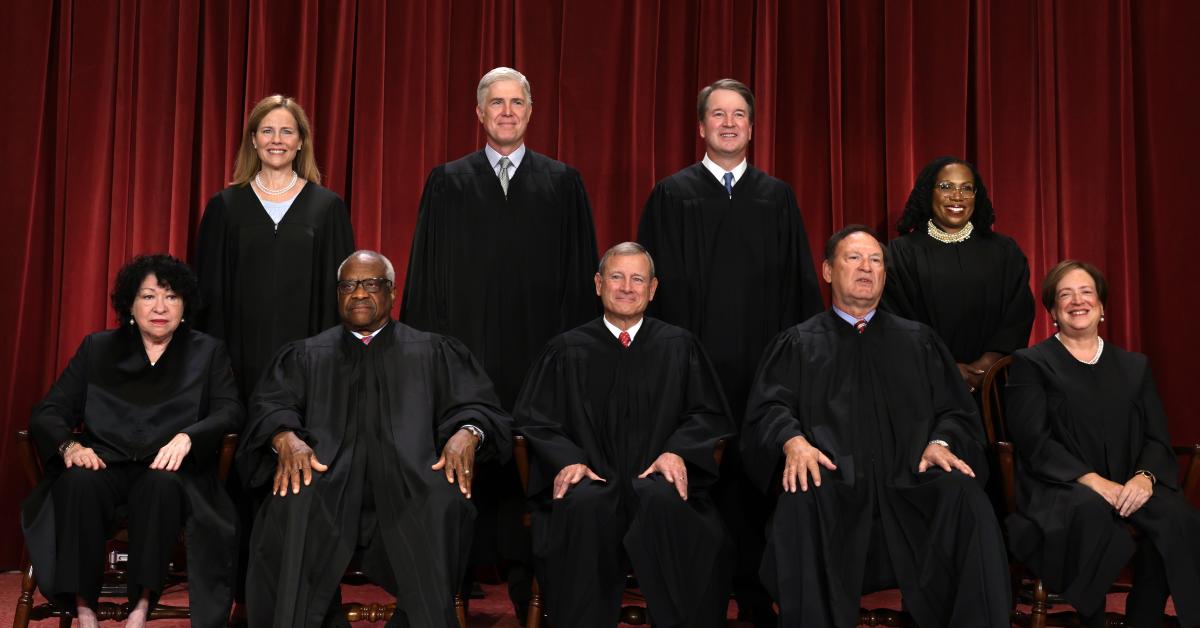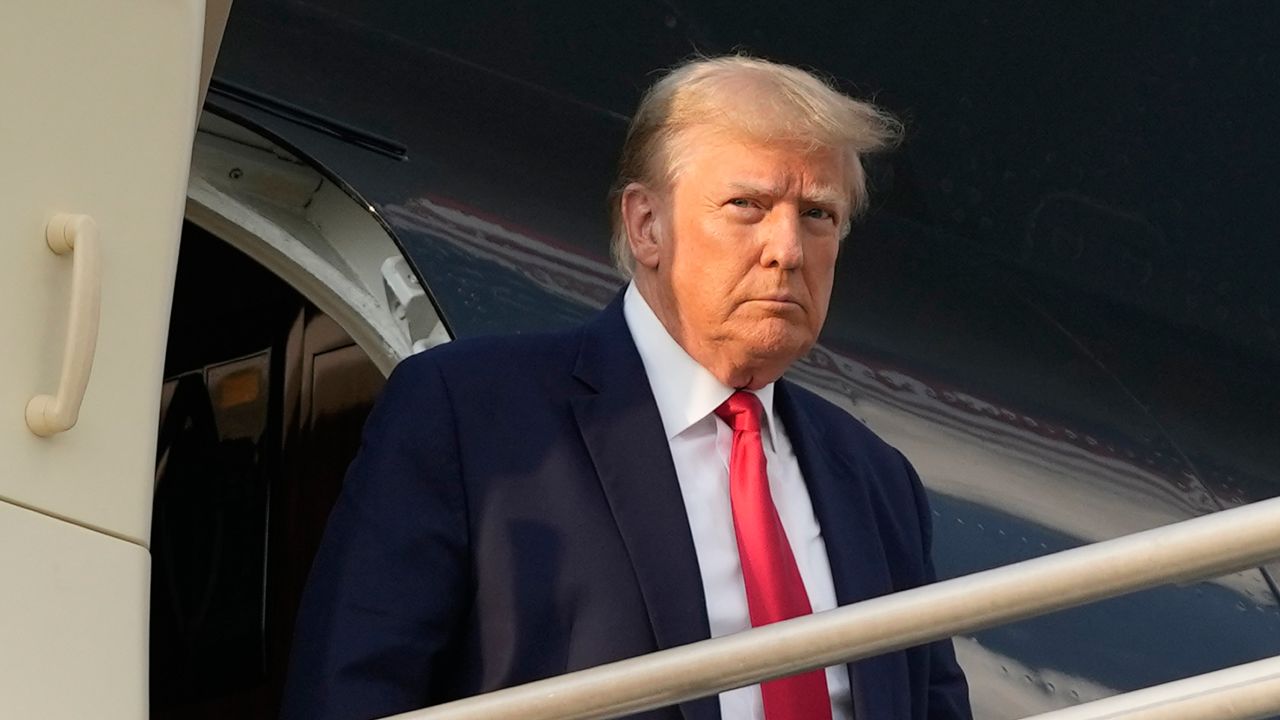The U.S. Supreme Court is set to review a case that could significantly impact how elections are conducted in America. Judicial Watch has challenged the practice of counting mail-in ballots received after Election Day, a rule currently in place in Illinois and some other states. Illinois Congressman Mike Bost and two electors have taken legal action, arguing that allowing ballots to be counted two weeks post-Election Day is problematic.
The case had previously been dismissed in a lower court due to jurisdictional issues. However, the Supreme Court’s decision to review it could set a new precedent. Russell Nobile, Bost’s attorney, clarified that the primary issue the Supreme Court will address is whether federal courts have the authority to hear such disputes.
This case highlights a significant divide between different appeals courts. The Fifth Circuit has declared late ballot counting illegal, while the Seventh Circuit has refused to hear these cases. Nobile pointed out that counting late ballots is a relatively new practice, gaining traction only after the Bush v. Gore decision.
If the Supreme Court rules in favor of federal jurisdiction, the case will go back to the Seventh Circuit. A favorable outcome for Bost and Judicial Watch there could influence federal elections in that region. Potentially, a Supreme Court decision could have far-reaching effects across the entire country.
Nobile emphasized the importance of allowing courts to address concerns regarding election integrity. He stated that transparency in the electoral process is vital for public trust. Even if a candidate does not win on the merits, having a clear process is essential for maintaining confidence in elections.
The plaintiffs argue that the extended ballot-counting period poses a burden on campaigns. Congressman Bost, who represents 34 counties, faces additional financial and logistical challenges due to the extended timeline. Judicial Watch claims these challenges result in a constitutional injury, which helps establish their standing in the case.
Running a campaign involves significant organization and resources, as Nobile pointed out. Extending the campaign period by 14 days requires additional time, energy, and money. He stressed the necessity of having a legal avenue for candidates to voice legitimate concerns about election administration.
The broader implications of this case are significant, especially as election integrity remains a hot-button issue. Conservatives argue that ensuring timely and transparent election processes is crucial for democratic functioning. The outcome of this case could set a precedent for how similar disputes are handled in the future.
This situation underscores the ongoing debates over mail-in voting and election security. Many on the right believe that strict rules are necessary to prevent potential fraud. The Supreme Court’s decision will likely be closely watched by those concerned about maintaining fair electoral processes.
The case also raises questions about the balance between voter access and election integrity. While some argue that extending ballot-counting periods helps accommodate more voters, others see it as an opportunity for manipulation. How this case is resolved could influence how states handle mail-in ballots going forward.
As the Supreme Court deliberates, both sides of the political spectrum are paying close attention. This case could have lasting implications for election laws and procedures across the United States. With the stakes so high, the decision will undoubtedly spark further debate and analysis.
For now, the focus remains on whether federal courts can intervene in these disputes. The outcome could reshape the legal landscape surrounding election laws. As the nation awaits the Supreme Court’s ruling, the conversation around election integrity continues to evolve.
With so much riding on the decision, the case has garnered significant media and public attention. The resolution will impact not only Illinois but potentially set a nationwide precedent. As discussions continue, the importance of fair and transparent elections remains at the forefront.



